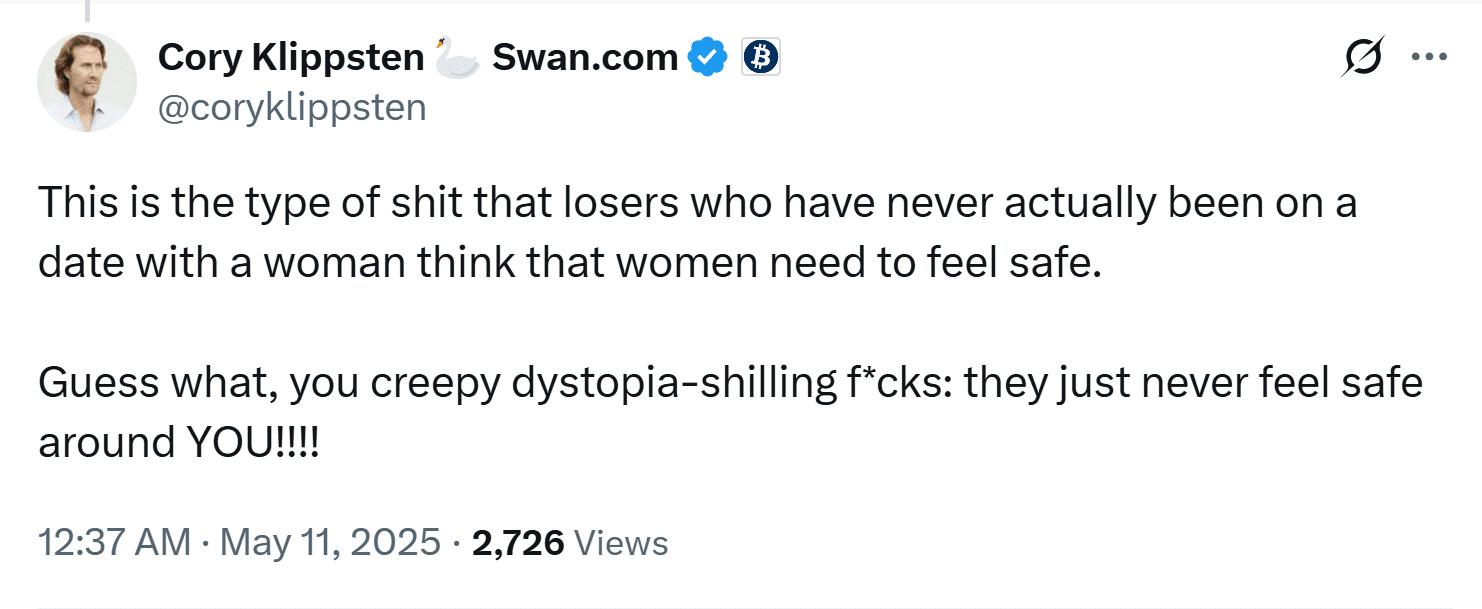Worldcoin’s latest hardware, the Orb Mini, a portable device for iris scanning intended to enable human verification, has sparked controversy and mockery within the cryptocurrency community. Launched with the tagline “It goes where you go,” the Orb Mini is facing scrutiny due to its potential dystopian implications and unclear use cases.
What is the Worldcoin Orb Mini?
The Orb Mini is a smaller, more portable version of Worldcoin’s original Orb. It is designed to scan a user’s iris, creating a unique World ID stored on the blockchain. This ID is intended to verify a user’s humanity and distinguish them from bots in the digital world.
Unveiled at the “At Last” event in San Francisco on April 30, the Orb Mini is part of Tools for Humanity’s broader initiative to deploy 7,500 Orb units across the US by the end of the year. The company hopes it will play a key role in proving ‘proof of personhood’ online.
Why the Backlash?
The Orb Mini has been met with skepticism and criticism from various corners of the crypto space:
- Privacy Concerns: Critics worry about the potential for misuse of biometric data collected by the Orb Mini.
- Ethical Questions: Some question the ethics of requiring individuals to undergo iris scans to prove their humanity.
- Practicality: Many users doubt the Orb Mini’s practicality, citing potential vulnerabilities to spoofing and questioning its real-world applications.
- Dystopian Comparisons: The device’s design and functionality have drawn comparisons to dystopian science fiction, fueling concerns about surveillance and control.
Community Reactions
Prominent voices in the crypto community have voiced their concerns:
Alicia Katz from Euler Finance sarcastically wrote on X (formerly Twitter), “The thing about humans is they can tell when a human is in front of them… When something is slightly off, they can experience the uncanny valley, an uncomfortable feeling similar to when your date tries to scan your eyeball.”
Another user quipped, “Is this so you can register your friends?” suggesting the device seemed more like a sci-fi prop than a genuine identity solution.
Swan Bitcoin CEO Cory Klippsten labeled the Orb Mini a “creepy dystopia-shilling” tool, implying that the product indicates insecurity among its creators rather than addressing a real trust issue.

Security and Spoofing Concerns
Users have also raised concerns about the Orb Mini’s vulnerability to spoofing. One tweet suggested that the device “could be fooled by a half-decent AI render of a human.” This highlights potential weaknesses in the technology’s ability to accurately distinguish between genuine individuals and sophisticated imitations.
Adding a touch of dark humor, another user sarcastically recommended a “rectal probe” for more secure identity checks, claiming, “Every human’s anal print is unique.” This highlights the perceived absurdity of the Orb Mini’s biometric approach in the face of existing identity verification methods.

Regulatory Challenges and Resistance
Worldcoin’s efforts to promote biometric identity tools have faced resistance, particularly from privacy advocates who raise concerns about decentralization, surveillance, and bodily autonomy.
On May 5, Indonesian regulators temporarily suspended Worldcoin’s registration certificates. Several global regulators have also pushed back on Worldcoin’s operations since its launch in July 2023, with governments like Germany, Kenya, and Brazil expressing concerns about the potential security risks to users’ biometric data.
Looking Ahead
The controversy surrounding the Worldcoin Orb Mini underscores the ongoing debate about privacy, security, and identity in the digital age. As biometric technologies become more prevalent, it is crucial to address ethical concerns and ensure that appropriate safeguards are in place to protect individual rights.
The future of Worldcoin and the Orb Mini remains uncertain, but the project’s challenges highlight the complexities of navigating the intersection of technology, identity, and privacy in the 21st century.